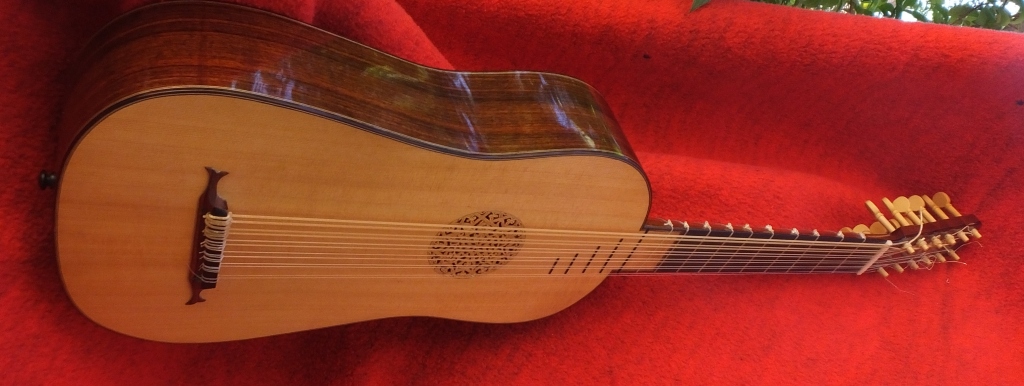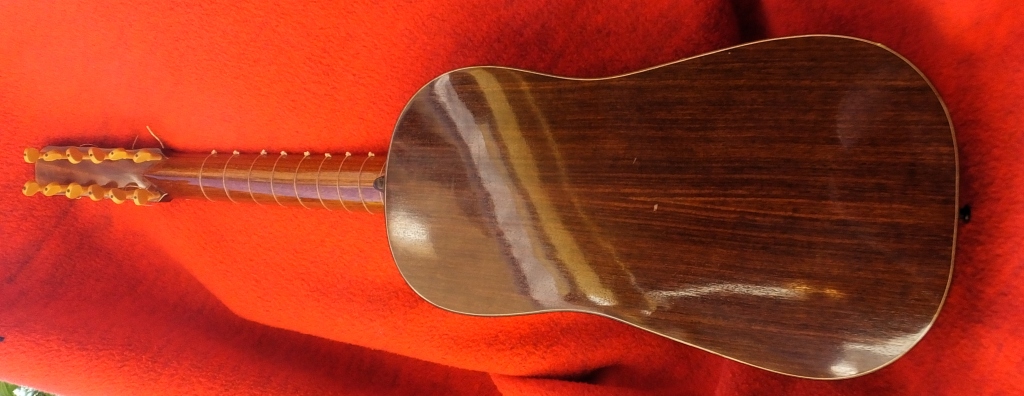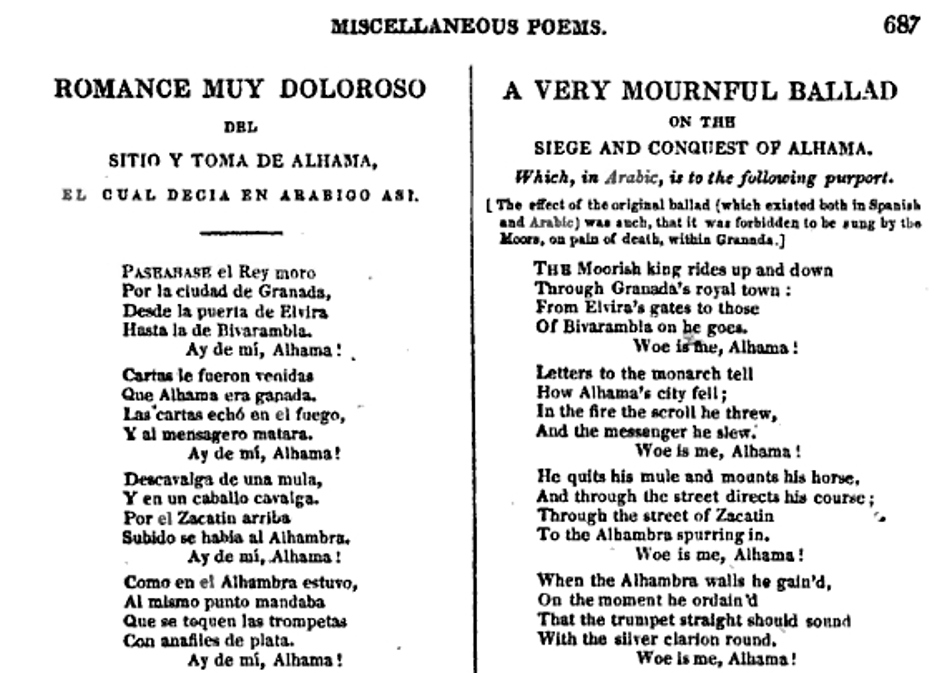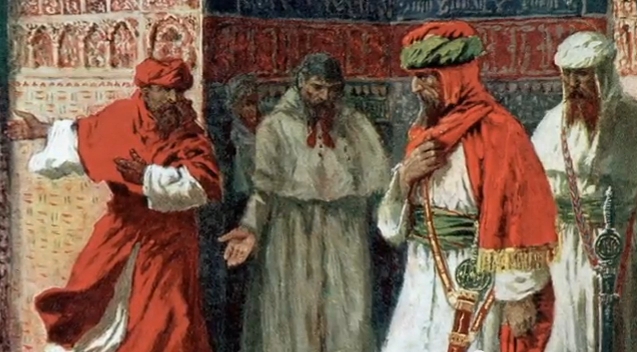Romance de la pérdida de Alhama (The siege and conquest of Alhama)
ROMANCE DE LA PÉRDIDA
DE ALHAMA
Paseábase el rey moro
— por la ciudad de Granada
desde la puerta de Elvira
— hasta la de Vivarrambla.
—¡Ay de mi Alhama!—
Cartas le fueron venidas
— que Alhama era ganada.
Las cartas echó en el fuego
— y al mensajero matara,
—¡Ay de mi Alhama!—
Descabalga de una mula,
— y en un caballo cabalga;
por el Zacatín arriba
— subido se había al Alhambra.
—¡Ay de mi Alhama!—
Como en el Alhambra estuvo,
— al mismo punto mandaba
que se toquen sus trompetas,
— sus añafiles de plata.
—¡Ay de mi Alhama!—
Y que las cajas de guerra
— apriesa toquen el arma,
porque lo oigan sus moros,
— los de la vega y Granada.
—¡Ay de mi Alhama!— . .
Los moros, que el son oyeron
— que al sangriento Marte llama,
uno a uno y dos a dos
— juntado se ha gran batalla.
—¡Ay de mi Alhama!—
Allí habló un moro viejo,
— de esta manera hablara:
—¿Para qué nos llamas, rey?
— ¿Para qué es esta llamada?
—¡Ay de mi Alhama!—
—Habéis de saber, amigos,
— una nueva desdichada:
que cristianos de braveza
— ya nos han ganado Alhama.
—¡Ay de mi Alhama!—
Allí habló un alfaquí
— de barba crecida y cana:
—Bien se te emplea, buen rey,
— buen rey, bien se te empleara.
—¡Ay de mi Alhama!—
Mataste los Bencerrajes,
— que eran la flor de Granada,
cogiste los tornadizos
— de Córdoba la nombrada.
—¡Ay de mi Alhama!—
Por eso mereces, rey,
— una pena muy doblada:
que te pierdas tú y el reino,
— y aquí se pierda Granada.
—¡Ay de mi Alhama!—
ALHAMA VESZTÉNEK
BALLADÁJA
Föl-le jár a mór király,
Öszvérét vágtára fogja,
Granadának városában
Folyton-folyvást hajtogatja:
Jaj nekem Alhama!
Levél jött: Alhama elveszett,
Baljós jel papírra róva.
Tűzben ég az átkozott levél,
És a hírnök feje hull a porba.
Jaj nekem Alhama!
Öszvérhátról ló nyergébe száll,
S vágtat föl a vár fokára,
Zacatin utcáin át,
Föl, hol fénylik az ékes Alhambra,
Jaj nekem Alhama!
És hogy a fellegvár fokára hág,
Rögvest száll harsány parancsa:
– Mind az összes ezüst trombita
Harsogva hívja népem hadba!
Jaj nekem Alhama!
Zúgjon minden harci dob,
Dübörögjön harci lárma,
Hallja minden mór e zajt,
S fegyvert fogva jöjjön már ma!
Jaj nekem Alhama!
Hallván hall a tenger mór vitéz,
Véres Mars hívását hallja,
Jön már egy, jön két, jön számtalan,
S nőttön nő a had hatalmasra.
Jaj nekem Alhama!
S kiáll a mórok egyik véne,
Illő módon ekként szólva:
– Mért e hívás ó király?
Mért e hívás, mondd, a hadba?
Jaj nekem Alhama!
Halljátok barátim mind a szörnyű hírt!
Odalett a végső várta.
Vad, merész keresztény kardtól
Esett el Alhama vára.
Jaj nekem Alhama!
S előáll az ősz alfaqui,
Szeme izzó szén, bár hó szakálla,
Azt kapod, mi néked jár király,
Azt kapod, mi már régen járna.
Jaj nekem Alhama!
Leöletted a Benszerráh családot,
Derékba tört Granada termő ága.
S tűrtél cifra Cordovából
Hitszegőket népünk romlására.
Jaj nekem Alhama!
Így hát mindezért király
Többször sújt rád végzet kardja:
Koronádra, Granadádra,
Tieidre, s tenmagadra.
Jaj nekem Alhama!
THE SIEGE AND CONQUEST
OF ALHAMA
The Moorish King rides up and down,
Through Granada’s royal town;
From Elvira’s gate to those
Of Bivarambla on he goes.
Woe is me, Alhama!
Letters to the monarch tell
How Alhama’s city fell:
In the fire the scroll he threw,
And the messenger he slew.
Woe is me, Alhama!
He quits his mule, and mounts his horse,
And through the street directs his course;
Through the street of Zacatin
To the Alhambra spurring in.
Woe is me, Alhama!
When the Alhambra walls he gain’d,
On the moment he ordain’d
That the trumpet straight should sound
With the silver clarion round.
Woe is me, Alhama!
And when the hollow drums of war
Beat the loud alarm afar,
That the Moors of town and plain
Might answer to the martial strain.
Woe is me, Alhama!
Then the Moors, by this aware,
That bloody Mars recall’d them there,
One by one, and two by two,
To a mighty squadron grew.
Woe is me, Alhama!
Out then spake an aged Moor
In these words the king before,
‘Wherefore call on us, oh King?
What may mean this gathering?’
Woe is me, Alhama!
‘Friends! ye have, alas! to know
Of a most disastrous blow;
That the Christians, stern and bold,
Have obtain’d Alhama’s hold.’
Woe is me, Alhama!
Out then spake old Alfaqui,
With his beard so white to see,
‘Good King! thou art justly served,
Good King! this thou hast deserved.
Woe is me, Alhama!
‘By thee were slain, in evil hour,
The Abencerrage, Granada’s flower;
And strangers were received by thee
Of Cordova the Chivalry.
Woe is me, Alhama!
‘And for this, oh King! is sent
On thee a double chastisement:
Thee and thine, thy crown and realm,
One last wreck shall overwhelm.
Woe is me, Alhama!
Hungarian translation
by Gábor Domján
English translation
by Lord Byron
VIHUELA
copy built by Tihamer Romanek in 2013. The original instrument: „Quito vihuela” (Iglesia de la Compañía de Jesús, Quito, Ecuador).
.



The ballad ”Paseábase el rey moro” was translated from Arabic into Spanish (though doubted by some scholars if an Arabic version had existed at all) by Perez de Hita (1544-1619) in his historical novel (Historia de los vandos de los Zegríes y Abencerrages (1595–1619), or Guerras civiles de Granada). The ballad tells the story of the loss of Alhama, the last Moorish fortress before Granada, in 1482. Perez de Hita writes in his book: “The Count of Tendilla (who became the governer of Granada after having defeated the Moors) felt obliged to prohibit this ballad because it stirred up the populace to such a degree as to disturb the peace and make it necessary to resort to armas in order to stifle the mutinies of the Moriscos .” The music is written for vihuela by Luis de Narváez („Los seys libros del Delphín, de música cifras para tañer vihuela”, 1538: Romance <<Paseávase el Rey moro>>, del quarto tono). Neither the original Arabic poem nor it’s tune survived, however, I play some beats at the beginning of a supposed ”original” version before I start Narváez’s accompaniment as a prelude.
The ballad was translated by Lord Byron, too. Here are the fist few stanzas of it from an early publication:



